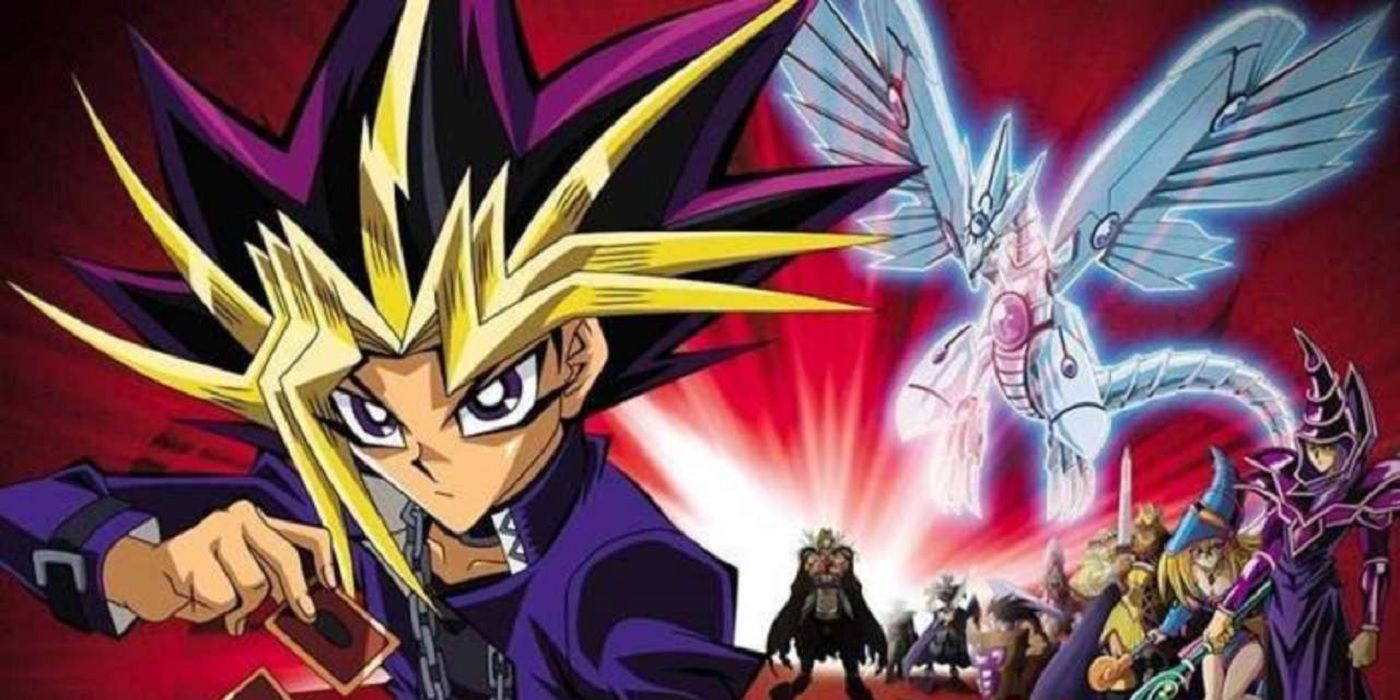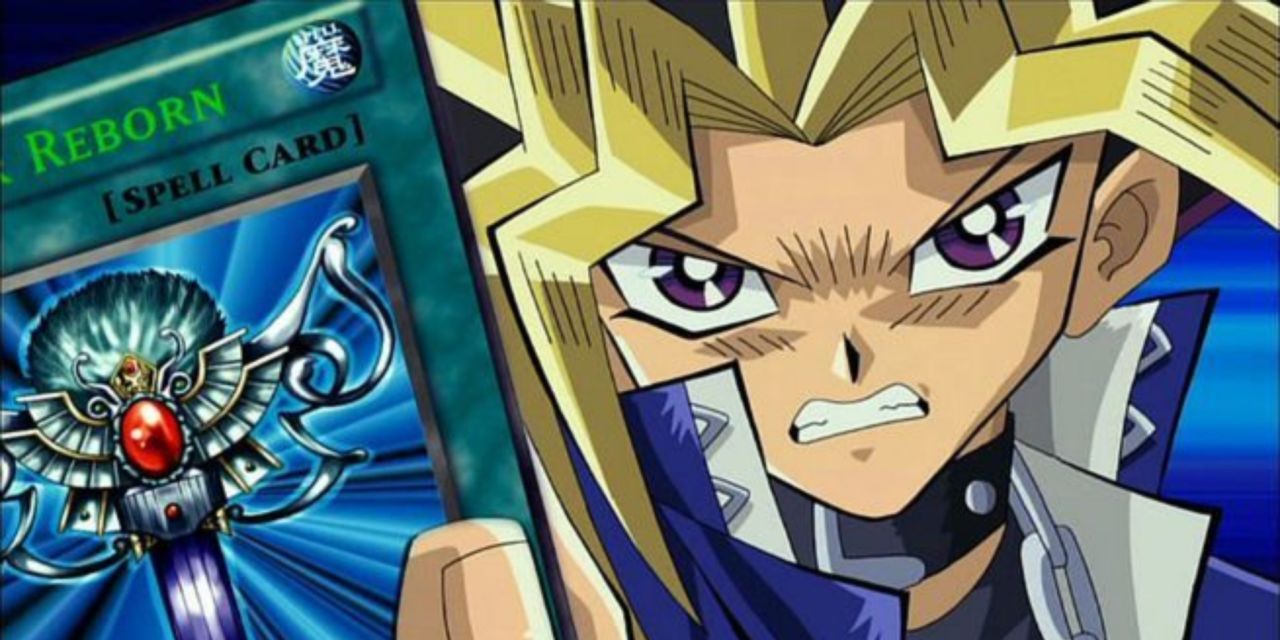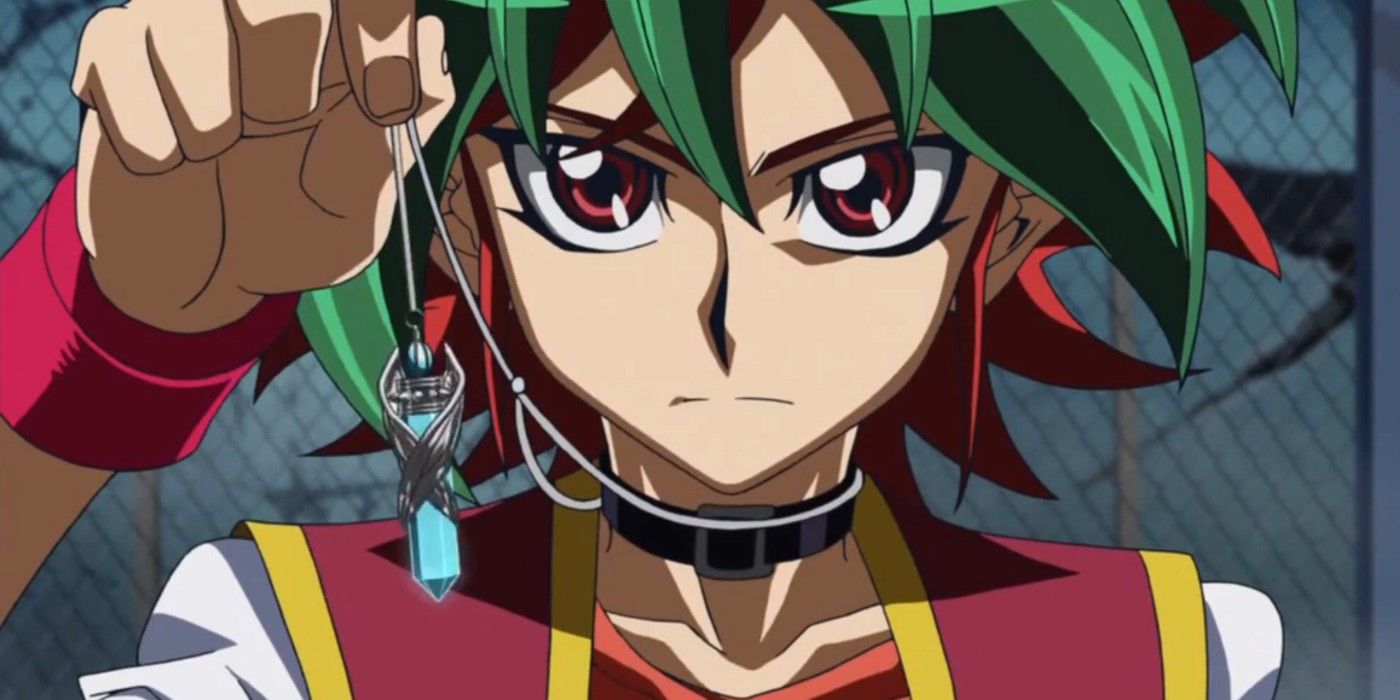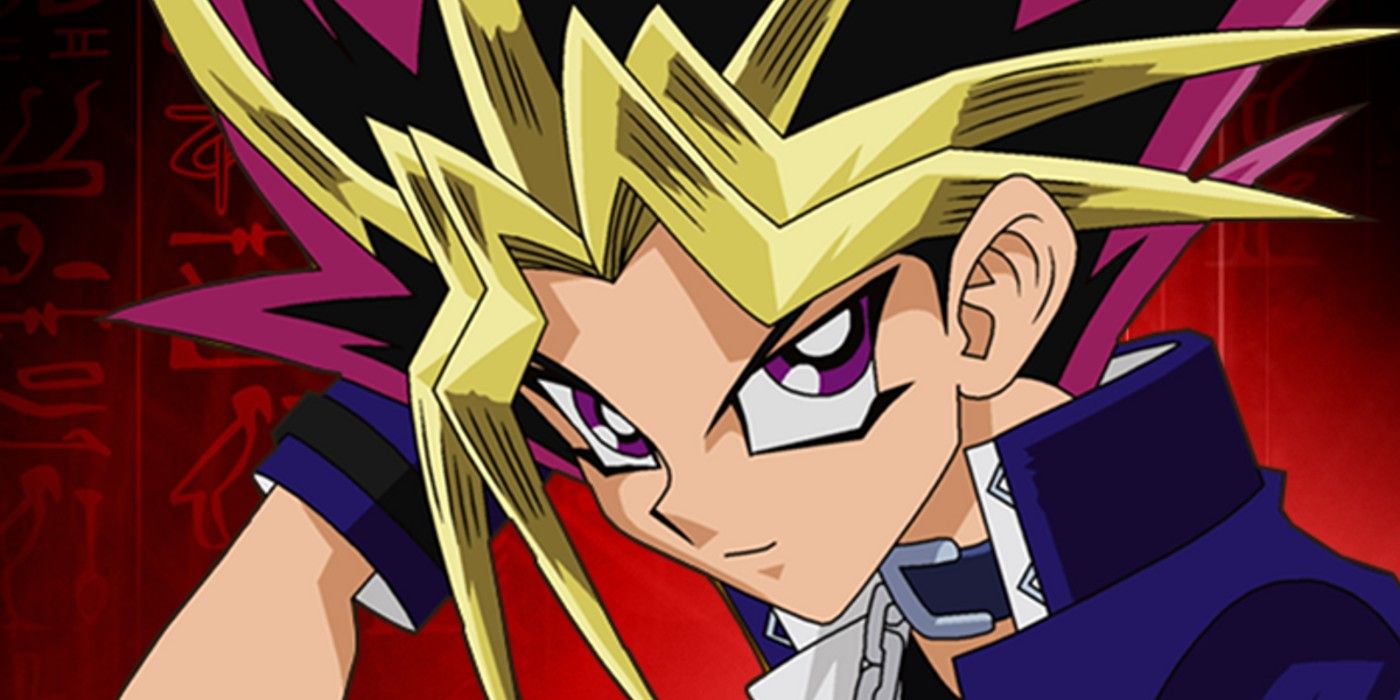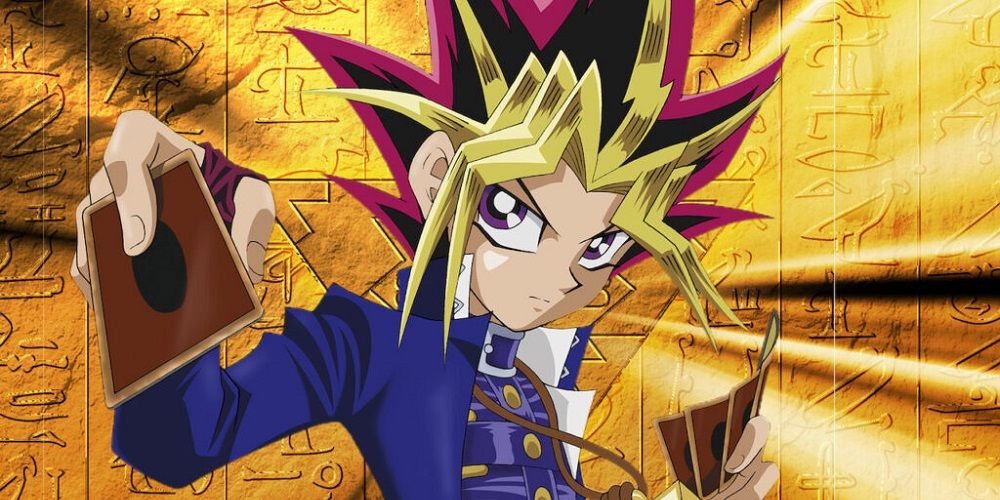
Unwrapping the Mystery of Yu-Gi-Oh! The Movie's Box Office Fate

Discover the truth behind the box office performance of Yu-Gi-Oh! The Movie Was it really a bomb? Explore the movie's plot, expectations, and where things went wrong in this article
Yu-Gi-Oh! was a popular anime in 2004, with 4Kids Entertainment capitalizing on its success in America by creating a second merchandise bonanza after their triumph with Pokemon. The demand for Yu-Gi-Oh! cards and merchandise had been evident during the previous two Christmas seasons, leading to the logical decision of producing a movie to further cash in on the franchise's success. However, the movie failed to achieve the same level of success as Pokemon: The First Movie, despite having high expectations. While the numbers suggest that it was still successful to some extent, the release of Yu-Gi-Oh! The Movie was more complicated than that of Pokemon, making it harder to measure its success.
What was Yu-Gi-Oh! The Movie About?
In Yu-Gi-Oh! The Movie: Pyramid of Light, Yugi Muto and his friends face a new threat to the world in the form of an ancient Egyptian relic known as the Pyramid of Light. An evil sorcerer named Anubis emerges, seeking to destroy the world using the power of the Pyramid. Yugi must engage in intense duels with skilled opponents, utilizing the iconic card game mechanics of Yu-Gi-Oh! to summon powerful monsters and cast strategic spells and traps. The film also explores Yugi's connection to his ancient Egyptian past and the origins of Anubis, while emphasizing themes of friendship, courage, and self-belief that are central to the franchise. Unlike most Yu-Gi-Oh! anime, this film was commissioned specifically by 4Kids Entertainment, resulting in a script that required no localization.
What Were the Expectations?
Expectations for Yu-Gi-Oh! The Movie were soaring, both internally and externally. As the number one show on Saturday mornings and with the cards selling out rapidly, analysts on Wall Street predicted a major success for the film. Despite the declining returns of the Pokemon movies, which had lower licensing and dubbing costs than a new film from scratch, articles were written about the potential for 4Kids stock to make significant moves.
4Kids Entertainment took a risk by investing heavily in Yu-Gi-Oh! The Movie: Pyramid of Light, which included a full-blown marketing campaign and a Burger King kids meal promotion. Unlike their previous productions, they paid to have the movie tailored specifically for an American audience, with English dialog, music, and sound effects. This unique approach made the English version the original, and the Japanese version the dub. This level of investment suggests that 4Kids Entertainment had high hopes for the movie's financial success.
Where Did Things Go Wrong?
One of the main issues with the production of the film was the fact that 4Kids had to take on the responsibility of producing and distributing it themselves. Unlike other anime properties where they only had to cover the cost of dubbing, 4Kids had to bear the brunt of the production costs as well. This meant that they were taking on a significant amount of risk, as they would be accountable for any losses incurred if the movie failed to perform well at the box office. While the exact budget for the film remains undisclosed, it is estimated that the profits were likely quite low, given that the average anime film costs between $20 to $35 million per film. Furthermore, the marketing strategy was also lacking, with commercials failing to effectively communicate the plot of the movie and promotions with companies like Burger King failing to capture the essence of the franchise.
Reception for Yu-Gi-Oh! The Movie was overwhelmingly negative, with many critics refusing to even review the film. Those that did review it were highly critical, resulting in the movie receiving a rare 0% rating on Rotten Tomatoes (although it has since risen to 5%). Despite missing key numbers, it's safe to say that the movie was not a success for 4Kids, who invested more in it than in their previous anime dubs. In fact, it was one of the last anime movies they released in theaters, with future Pokemon movies going straight to video and One Piece movies remaining undubbed. While the movie has found some success in licensing to streaming services, it certainly did not impress Wall Street in its initial release and likely played a role in 4Kids being delisted from the New York Stock Exchange a few years later.
